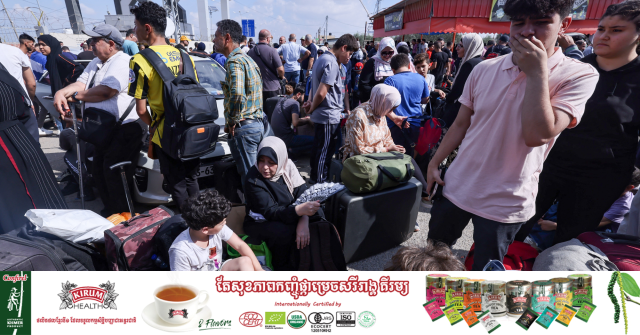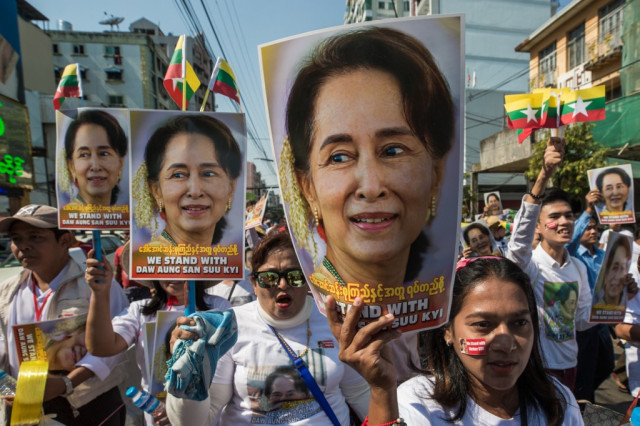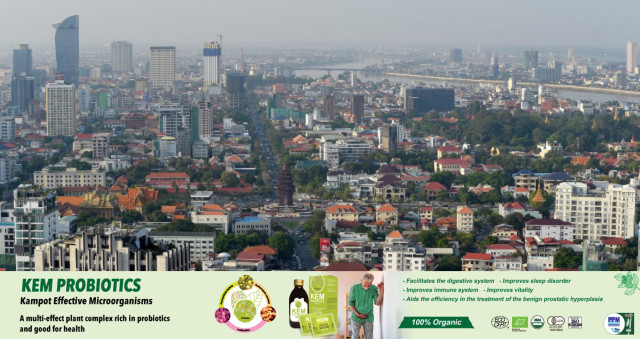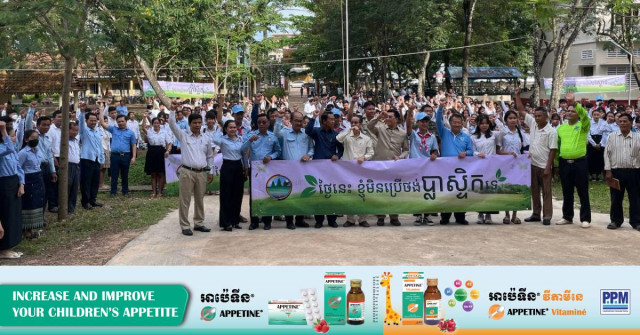Cambodia Joins Forces With Singapore on Carbon Trade
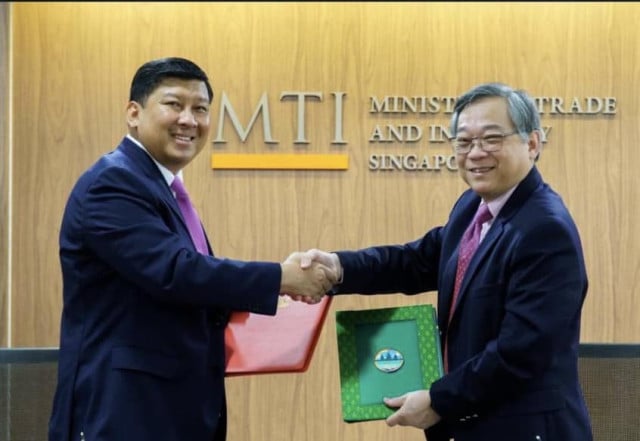
- By Teng Yalirozy
- April 29, 2023 2:00 PM
PHNOM PENH – Cambodia and Singapore have signed a Memorandum of Understanding (MoU) to collaborate on carbon credits and work together towards carbon emission targets, sustainable development and environmental integrity.
Choup Paris, Undersecretary of State of the Environment Ministry, said the MoU was signed on April 26 in Singapore between Minister of Environment Say Samal and Singapore’s Minister for Trade and Industry Gan Kim Yong.
The document was in line with Article 6 of the Paris Agreement which enables nations to work together to meet emissions targets.
“Cambodia and Singapore will cooperate on the carbon trade because we are a country that protects the forests and acts on greenhouse gas emission, meaning we sell carbon credits and Singapore buys them,” he said.
So far, Cambodia has only had an MoU on carbon credits with Singapore, he said.
Cambodia and Indonesia are the only two ASEAN members to have sold carbon credits. The Kingdom has 73 protected areas and three biodiversity corridors with a total area of 7.3 million hectares, equivalent to 41 percent of the land area of Cambodia.
Cambodia earned about $11.6 million between 2016 and 2020 from carbon credits from projects at the Keo Seima Wildlife Sanctuary in Mondulkiri province, the REDD+ Project at the Southern Cardamom National Park in Koh Kong province and the Prey Lang Wildlife Sanctuary in Stung Treng province.
The country is examining expanding more areas for carbon credits.
Cambodia and Singapore will work together on reducing carbon emissions outlined in their Nationally Determined Contributions (NDCs), Singapore’s Ministry of Trade and Industry said.
They would create a contract setting out a framework for the transfer of carbon credits, helping each other to meet its own NDCs on carbon credit projects that comply with Article 6.
Carbon markets have undergone significant changes over time, including the completion of the Article 6 rule book and programs like the Climate Action Data (CAD) Trust, Singapore’s Minister for Trade and Industry Gan Kim Yong said.
“Minister Samal and I had a fruitful discussion today on how Singapore and Cambodia can work together on carbon credits to advance global climate action to achieve our sustainable development goals and bring about co-benefits to local communities and the economy,” he said.
Yong added that environmental integrity and transparency would be upheld as carbon markets are developed through international cooperation to fulfill the objectives of the Paris Agreement.
By 2050, both Cambodia and Singapore aim to have achieved net-zero emissions. By participating in the United Nations Framework Convention on Climate Change as a party since 1996, Cambodia has backed international efforts to combat climate change.
In December 2020, Cambodia submitted its revised NDC, raising carbon mitigation goals, with a 41.7 percent reduction in emissions by 2030. In line with the REDD+ strategy, the country set an ambitious goal to reduce deforestation by half by 2030.






